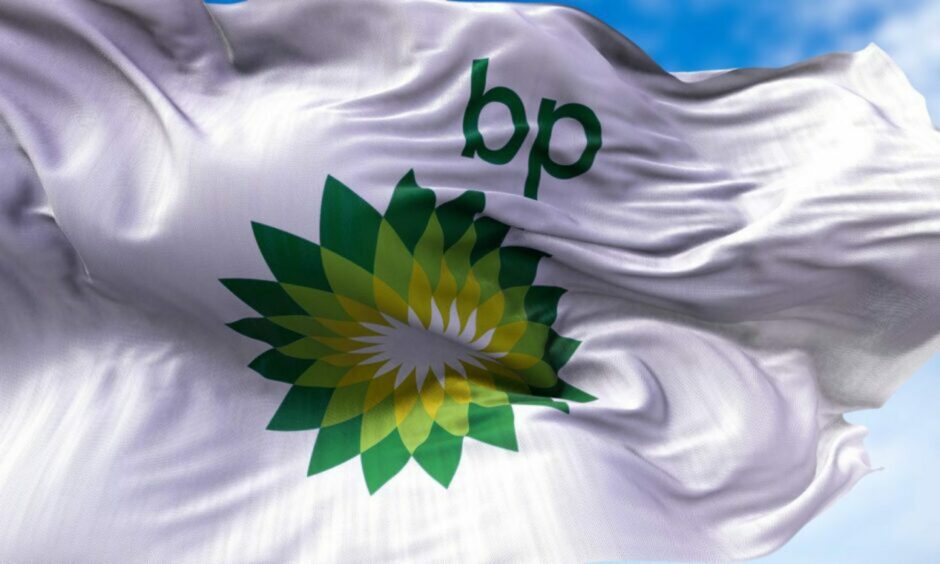
Falling oil prices hit Shell in the third quarter of the year, but investors will want to see for themselves on Tuesday whether BP will also post massive profits regardless.
Experts are definitely expecting a bumper performance from the oil giant, with profits set to have more than doubled from last year.
It would be a strong performance, meaning an expected underlying replacement cost profit – a measure that BP likes to use – of £6.14 billion, compared to just over £3.3 billion a year earlier.
But in some ways, the result would be a slowdown. The company reported just under £8.5 billion in underlying replacement cost profit in the second quarter of this year.
That profit seems likely to be a peak for the oil major for this year at least – both oil and gas prices have been coming off their summer highs recently.
In June the cost of a barrel of Brent crude oil hovered at around 114 dollars per barrel, but since early July the measure has rarely risen above the 100-dollar line.
On Friday a barrel of crude would set a buyer back around 96 dollars, and in September it was even briefly around 10 dollars cheaper than that.
“With oil prices down roughly a quarter since their June highs, it’ll be interesting to see how BP fared following a bumper set of interims in August,” said Derren Nathan, an equity analyst at Hargreaves Lansdown.
“BP has been spending heavily on both distributions to shareholders, but also refocusing the business on more sustainable energy sources.”
Analysts and investors are likely to be looking for more indications of what BP will try to do for its environmental credentials. It is not merely a reputation issue, it could be a financial one too – many see the future of today’s oil giants in renewable energy.
“When it comes to renewables, BP is really putting the pedal to the metal. Its Joint Venture Lightsource is breaking ground on its largest UK solar energy project to date which could be powering 19 million homes by 2025,” Mr Nathan said.
Investors will also be keen to know what – if any – impact the windfall tax on North Sea profits is having on BP. The business has put aside 800 million dollars to cover the tax – which runs to 2025.
However, on Thursday bosses at Shell revealed that they have so far not paid any windfall tax at all since the policy was introduced by then-chancellor Rishi Sunak in May.
Mr Nathan also said that BP shareholders will be interested to see if the company slows down its share buy-back programme which saw it return 2.5 billion dollars to investors in the second quarter.
He said that investors will want to know if BP plans to “pause for breath … following its recent investment spree”.Fpro
Recommended for you
